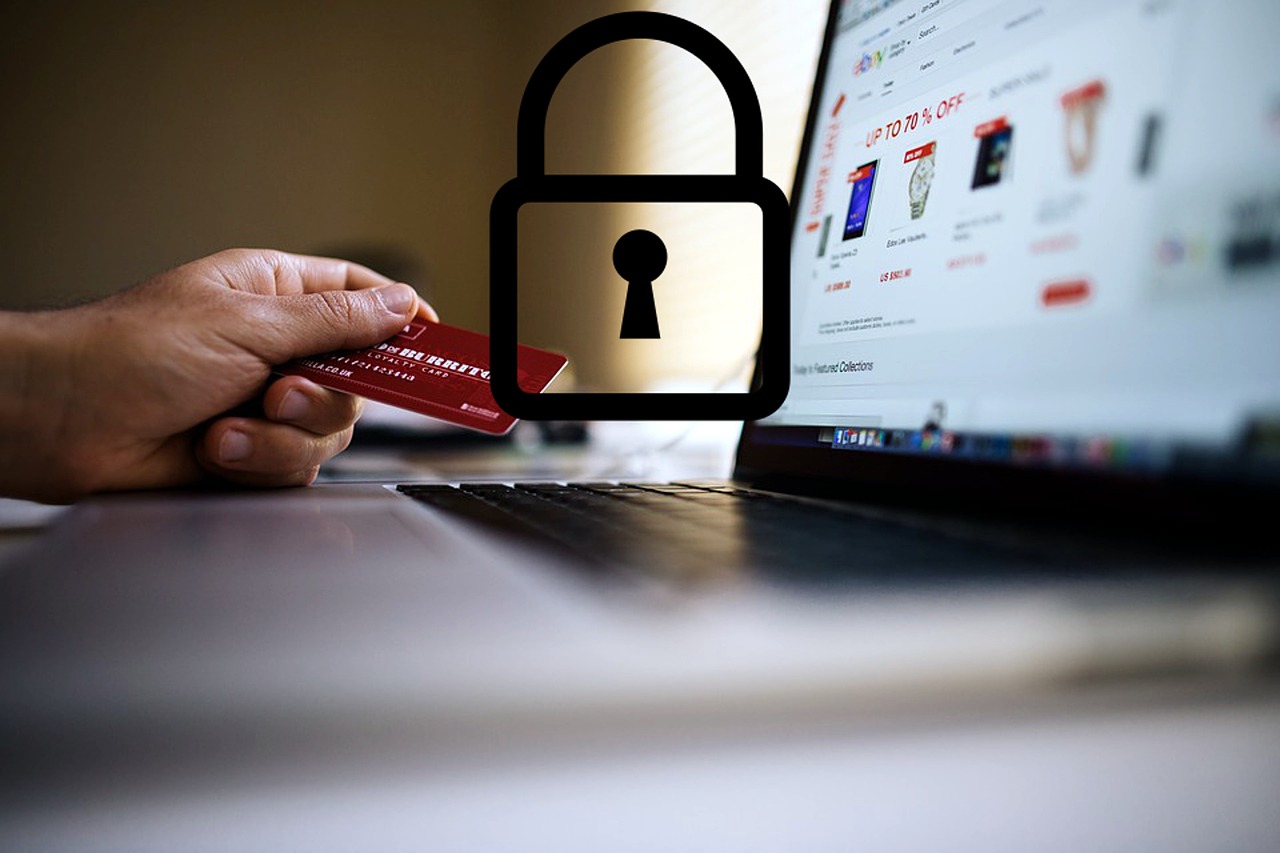Ecommerce is essential if you are going to work in this industry because most cybercriminals attack mainly e-commerce businesses. All successful companies should have security protocols and measures in order to keep their business and their customers safe.
What is e-commerce?
E-commerce security refers to guidelines put into place to make sure online transactions are safe. It safeguards people that sell and buy items and services online. By using e-commerce security measures, you will gain the trust of customers. Here are the areas it covers:
Privacy.
Privacy means avoiding any action that could result in consumer data being exchanged with unauthorized third parties. No one else can access their personal information and account data, apart from the online seller that a customer has selected.
When sellers let others have access to such information, a violation of confidentiality occurs.
integrity
Another key concept of eCommerce Protection is honesty. It means ensuring that all information exchanged online by customers remains unaltered. The concept states that the online company uses the data of the customers as provided, without modifying anything. Changing some part of the information causes the customer to lose trust in online protection and honesty.
Authentication
The concept of authentication requires that both the seller and the buyer should be actual. They need to be who they’re said to be. The organization should show that it is true, deal with legitimate goods or services, and deliver what it promises. To make the seller feel confident about online transactions, the customers should also offer their proof of identity. Hiring an expert will help a lot if you are unable to do so. User login details and credit card PINs are among the usual solutions.
Non-repudiations
Non-repudiation adds another dimension to eCommerce security. It confirms that the interaction that took place between the two players actually reached the recipients.
Why can’t you afford to neglect protection in eCommerce?
Although eCommerce growth has increased online transactions, it has attracted the attention of bad players in equal measure. Cybercrime studies on eCommerce show that the sector is among the most vulnerable when it comes to cybercrimes.
The world of eCommerce experiences about 32.4% of all attacks. Fifty percent of small owners of eCommerce stores complain that the attacks are becoming severe. Furthermore, the reports show that malicious requests consist of 29 percent of the traffic visiting a website.
These attacks have led to significant declines in financials, market share, and credibility. Nearly 60% of small eCommerce stores suffering from cybercrime do not live for more than six months.
It is therefore essential to put water-tight security measures in place and recruit a strong team. Without worrying about shutting down due to cybercriminals, it will ensure you run your company.
Popular security issues for eCommerce
1. Lack of confidence in privacy and security in eCommerce
Several security threats are faced by companies that operate eCommerce operations. Hackers can easily build fake versions of legitimate websites for counterfeit sites without incurring any costs. The affected business could therefore suffer significant harm to its image and valuations.
Malicious changes to websites modify the content of a website by certain fraudsters. Their aim is typically to either divert traffic to a rival website or damage the image of the business affected.
Customer data theft, The eCommerce industry is full of instances where hackers have stolen consumers’ personal information, such as addresses and credit card numbers.
Damages to the computer network, attackers can damage a company’s online store with worm or virus attacks.
Service denial, Some hackers block legitimate users from accessing the online store, leading to a decline in its working.
Fraudulent access to confidential data, attackers may obtain and steal, destroy, or alter the intellectual property to suit their malicious goals.
2. Malware, cyber fraud, and viruses
Such problems cause financial, market share, and reputational losses. Also, clients can file criminal charges against the business. To infect machines and computers in several different ways, hackers may use worms, viruses, Trojan horses, and other malicious programs. Worms and viruses invade, replicate, and propagate structures. Some hackers can hide Trojan horses in fake software and, once the users download the software, initiate infections. These fraudulent programs could
- Hijack of programming schemes
- Delete All Data
- Block access to data
- Send malicious links to the network’s clients and other devices.
3. Reduce confusion and complexity from online transactions,
During crucial transaction operations, online purchasers face confusion and ambiguity. These operations include payment, settlement of disputes, and distribution. They are likely to fall into the hands of fraudsters at those moments.
Businesses have enhanced their openness standards, such as showing specifically the point of communication when an issue arises. Such initiatives, however, also fail to divulge the collection and use of personal data completely.
Security controls for e-commerce websites to cover you 24/7
1. Multi-Layer Protection Use
To improve your defense, it is useful to employ different security layers. A widespread Content Delivery Network (CDN) can block DDoS threats and infectious incoming traffic. To keep malicious traffic at bay, they use machine learning.
In an external protection layer, including Multi-Factor Authentication, you can go ahead and pinch. A good example is a two-factor authentication. After the user enters the login information, they immediately receive an SMS or email for further action. It blocks fraudsters by implementing this move, as they will need more than just usernames and passwords to access the accounts of legit users.
2. Get Certificates for the Secure Server Layer (SSL)
Encrypting confidential data exchanged across the internet is one of the key advantages of SSL Certificates. This guarantees that the data reaches only the intended user. It is a very important move because before the destination server receives it, all data sent will pass through several computers.
If SSL certificate encryption is missing, confidential data can be accessed by any electronic device between the sender and the server. Thus, hackers can take advantage of your exposed passwords, usernames, numbers of credit cards, and other details. Therefore, by making the data unreadable to unintended users, the SSL certificate will come to your help.
3. Using Firewalls with solid-rock
To ban untrusted networks and control website traffic inflow and outflow, use powerful e-commerce tools and plugins. They should have selective permeability, only enabling the passage of trusted traffic.
To stop Spam, XSS, CSRF, malware, SQLi, and many other attacks on your website, you can trust the Astra firewall. This means that the only traffic visiting your eCommerce store consists of the actual customers.
4. Tools for Anti-Malware
A program that detects and blocks malicious software, otherwise known as malware, is needed for your electronic devices, computer systems, and web systems. Anti-malware software is the name of such protective software. All the secret malware on your website should be made as effective anti-malware.
5. PCI-DSS Specifications Comply
Make it a routine to secure all credit card data by upholding the Payment Card Industry Data Protection Standard (PCI DSS). These criteria must be met for all companies that conduct credit card transactions.
Conclusion:
Several eCommerce security mechanisms and protocols should be employed by businesses to keep security threats at bay all the time. In addition to basic authentication systems such as usernames and passwords, SSL requires multi-factor authentication.
Don’t stop there, however, as hackers have gotten smarter. Always make sure that a proactive e-commerce security solution has been applied through your website.



